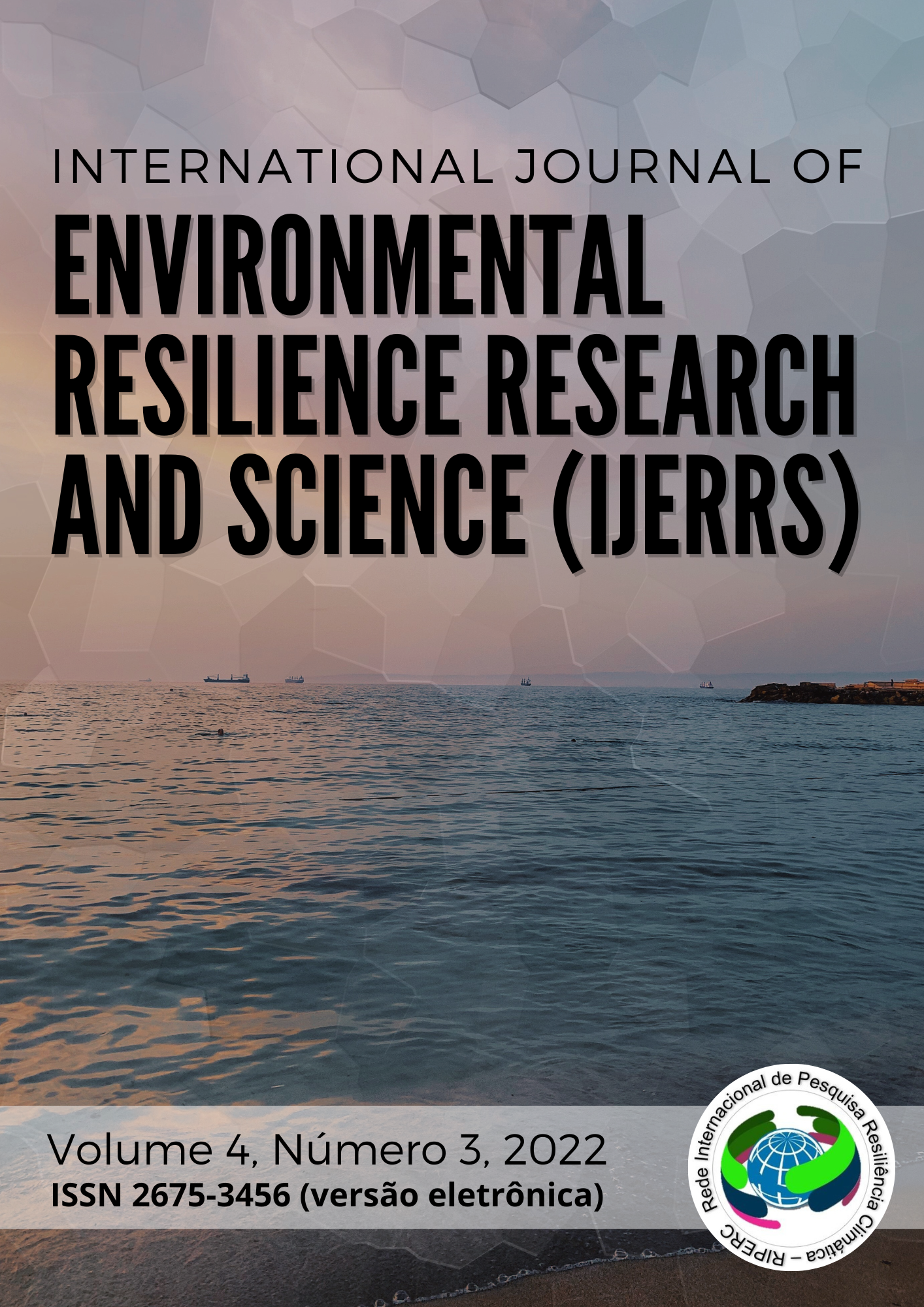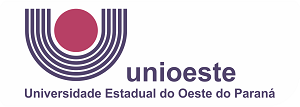EXTREME GLOBAL CLIMATE CHANGE EFFECTS ON HUMAN DIMENSION: CHALLENGES OF PROTECTION FOR VULNERABLE PEOPLE
DOI:
https://doi.org/10.48075/ijerrs.v4i3.29854Abstract
This article is based on the human interaction on Earth, which can generate uncertainties in the environment, with a universal proportion of worsening climate change that points the vulnerabilities to direct experience with socio-environmental risks. The objective was to highlight the changes in the risks of contemporary societies. The method used to approach the system is systematic, through bibliographic, documentary, and normative research. Is possible to demonstrate different scenarios of extreme climate events in all continents, with emphasis in small island States, African, middle-income and development countries in the process of implementing the Sendai Strategic Framework for Risk Reduction, being as a goal the management of sustainability to mitigate the effects arising from human interaction in Gaia. Vulnerable people are most affected by inequalities and exposures in their ways, their qualities, and their living conditions. Human rights come to support this public, whose protection implies the defense of these rights. The current challenges on the subject matter in the practical and immediate implementation of mechanisms to cope with the vulnerabilities created in Risk Societies. This coverage demonstrates that effects on the environment do not only impact on biota (faun and flora), but mainly on multiple human dimensions and societies. In this research it was noticed that the human dimension and the extreme effects of global climate change interact with each other to the point where it is necessary to raise awareness and adopt a rational posture about the potential of socioenvironmental risks that currently affect peoples, especially, vulnerable and environment.
Downloads
Published
How to Cite
Issue
Section
License
Copyright (c) 2022 International Journal of Environmental Resilience Research and Science - IJERRS

This work is licensed under a Creative Commons Attribution-NonCommercial-ShareAlike 4.0 International License.
Aviso de Direito Autoral Creative Commons
Política para Periódicos de Acesso Livre
Autores que publicam nesta revista concordam com os seguintes termos:
1. Autores mantém os direitos autorais e concedem à revista o direito de primeira publicação, com o trabalho simultaneamente licenciado sob a Licença Creative Commons Attribution que permite o compartilhamento do trabalho com reconhecimento da autoria e publicação inicial nesta revista.2. Autores têm autorização para assumir contratos adicionais separadamente, para distribuição não-exclusiva da versão do trabalho publicada nesta revista (ex.: publicar em repositório institucional ou como capítulo de livro), com reconhecimento de autoria e publicação inicial nesta revista.
3. Autores têm permissão e são estimulados a publicar e distribuir seu trabalho online (ex.: em repositórios institucionais ou na sua página pessoal) a qualquer ponto antes ou durante o processo editorial, já que isso pode gerar alterações produtivas, bem como aumentar o impacto e a citação do trabalho publicado (Veja O Efeito do Acesso Livre).
Licença Creative Commons
Esta obra está licenciada com uma Licença Creative Commons Atribuição-NãoComercial-CompartilhaIgual 4.0 Internacional, o que permite compartilhar, copiar, distribuir, exibir, reproduzir, a totalidade ou partes desde que não tenha objetivo comercial e sejam citados os autores e a fonte.









